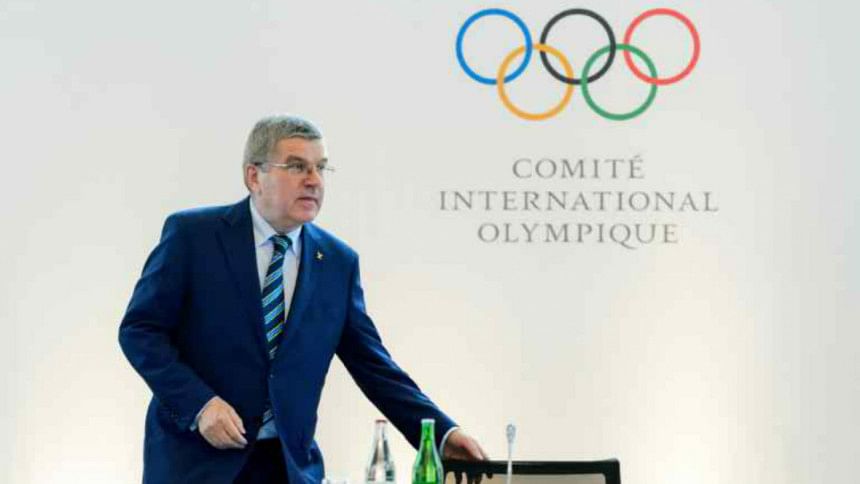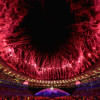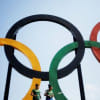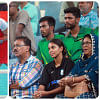Anti-doping officials take aim at IOC

The International Olympic Committee (IOC) failed to demonstrate strong leadership on a sad day for clean sport when it declined to ban Russian athletes from the Rio Olympics, anti-doping officials said on Sunday.
The IOC resisted calls for a blanket ban on Russians competing in next month's Games due to the country's doping record, leaving decisions on individual athletes' participation with their sports federations.
"The IOC Executive Committee has failed to confront forcefully the findings of evidence of state-sponsored doping in Russia corrupting the Russian sport system," Joseph de Pencier, CEO of iNADO, the 59-member global Institute of National Anti-Doping Organisations, said in a statement.
"It has ignored the calls of clean athletes, a multitude of athlete organisations, and of leading National Anti-Doping Organisations, to do the right thing by excluding Russia from the Rio Olympic Games," he added.
"It is a sad day for clean sport."
De Pencier and the top U.S. anti-doping official were also critical of the IOC for not allowing Russian whistleblower Yulia Stepanova to compete in Rio.
"To refuse her entry in to the Games is incomprehensible and will undoubtedly deter whistleblowers in the future from coming forward," Travis Tygart, chief executive of U.S. Anti-Doping Agency (USADA), said in a statement.
Revelations by the former drugs cheat and her husband helped expose the massive doping problem in her country. They are currently in hiding in the U.S. in fear for their lives.
Not finding a way for her to compete in Rio "is hardly the unequivocal protection of fair play as a fundamental Olympic principle that the circumstances required," De Pencier said.
Tygart had led calls for Olympic officials to ban all Russian athletes from competing in Rio.
"In response to the most important moment for clean athletes and the integrity of the Olympic Games, the IOC has refused to take decisive leadership," he said.
"The decision regarding Russian participation and the confusing mess left in its wake is a significant blow to the rights of clean athletes," Tygart added.
"It is so frustrating that in this incredibly important moment, they would pass the baton to sports federations who may lack the adequate expertise or collective will to appropriately address the situation within the short window prior to the Games. The conflict of interest is glaring."
Paul Melia, president and chief executive of the Canadian Centre for Ethics in Sports, was equally disappointed.
"The IOC had an opportunity to exercise leadership and they chose the easier path and pushed their responsibility over to the IFs (individual sports federations)," he said.
"The IOC are the stewards and guardians of the Olympic values and the integrity of sport and they did nothing today to stand up for those values," he added.
"I wonder how the viewing public will react to the Games when they see Russian athletes lined up against clean athletes in competitions. I wonder how the Olympic sponsors will react."

 For all latest news, follow The Daily Star's Google News channel.
For all latest news, follow The Daily Star's Google News channel. 








Comments